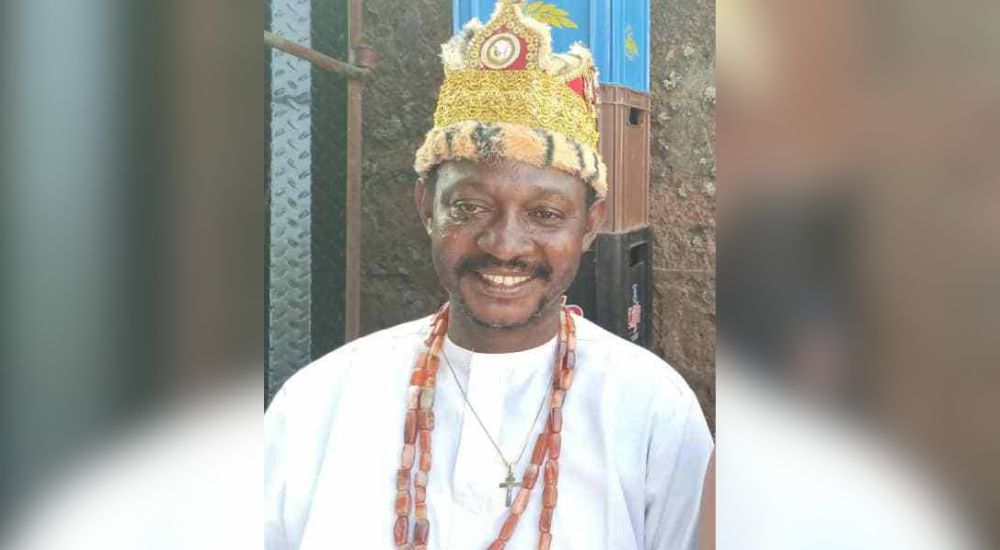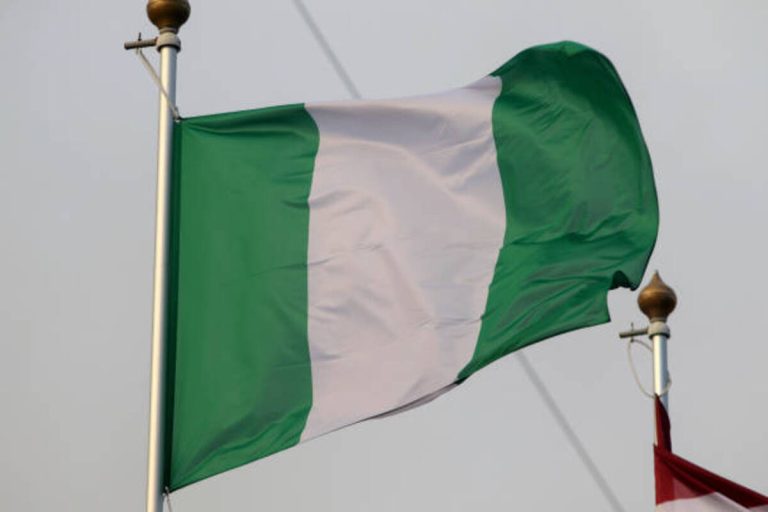
Nsukka monarch faults police for arresting masquerades in full regalia, calls it cultural disrespect.
NSUKKA, Nigeria – The recent arrest of three Oriokpa masquerades in Enugu State has drawn sharp criticism from a traditional ruler in Nsukka, who described the action as a cultural violation that disrespects long-held customs of the region.
Masquerade Arrest Sparks Cultural Outcry in Nsukka
Speaking during an interview, HRH Igwe Dr. Ejike Asadu of Umuoyo Ancient Kingdom condemned the police for parading the masqueraders in full costume to a correctional facility.
The arrest followed an incident in which the masquerades allegedly assaulted a young man in Nkpunano, leading to their arraignment and detention at the Nsukka Correctional Centre.
The incident, which has gained national attention, was initially reported by The Whistler. The three individuals were arraigned and remanded pending the continuation of their case on July 31, 2025.
“We are not excusing violence, but arresting them in full regalia is an insult to our culture,” Igwe Asadu said. “Our customs dictate that any masquerader who violates rules must be taken to the shrine, de-robed, and then handed to police—not arrested in sacred attire.”
Enugu Police Urged to Respect Nsukka Masquerade Traditions
Tracing the origin of the Oriokpa masquerade to Idah in modern-day Kogi State, the monarch explained that the tradition served as a form of ancient law enforcement in Nsukka.
But over the years, the sacred practice has been distorted, especially by youths who now exploit it for money.
“Today, masquerading has become a cash-out scheme,” he said. “They demand money from people, beat passersby, and disregard the boundaries our forefathers set.”
Asadu emphasized that masquerades are not permitted to operate along major roads or interact aggressively with women. He blamed modern organizers for allowing the cultural code to erode and criticized the local task force in Nkpunano for mishandling the matter.
“If they had responded properly, the culprits would’ve been isolated, stripped of costume at the shrine, and prosecuted—without defaming the tradition,” he added.
The monarch’s comments align with concerns raised in the Opinion section of The Whistler, where stakeholders are increasingly calling for cultural reforms and stronger internal regulation.
While he acknowledged the need for law enforcement to intervene in criminal matters, he stressed that such actions should be carried out in consultation with cultural authorities. “This incident has gone viral, and what the world now sees is that Nsukka masqueraders were arrested—not just the offenders from Nkpunano.”
He added that youth unemployment plays a major role in the rise of violence and disorder within masquerade activities. “Those who are employed won’t use tradition as a source of income. We need to empower our youths and give them reasons to preserve—not exploit—our culture.”
The monarch also criticized political interference in traditional leadership, saying it compromises the authority and cultural knowledge of appointed rulers.
“When unqualified people are made Igwe because of government interest, the community suffers. You need to be a titled man who understands tradition.”
In response to the incident, he urged community leaders to revisit the structure of their local task forces. He recalled his own success two years ago when the Oriokpa ran peacefully under strict supervision in Umuoyo. “Each participant had to register and carry a permit. Defaulters were dealt with swiftly within cultural boundaries.”
He concluded by calling on Nsukka youths to find meaningful engagements beyond masquerading. “We’re introducing new policies in my community. No drinking before noon. Our aim is to reduce idleness and restore pride in our heritage.”

